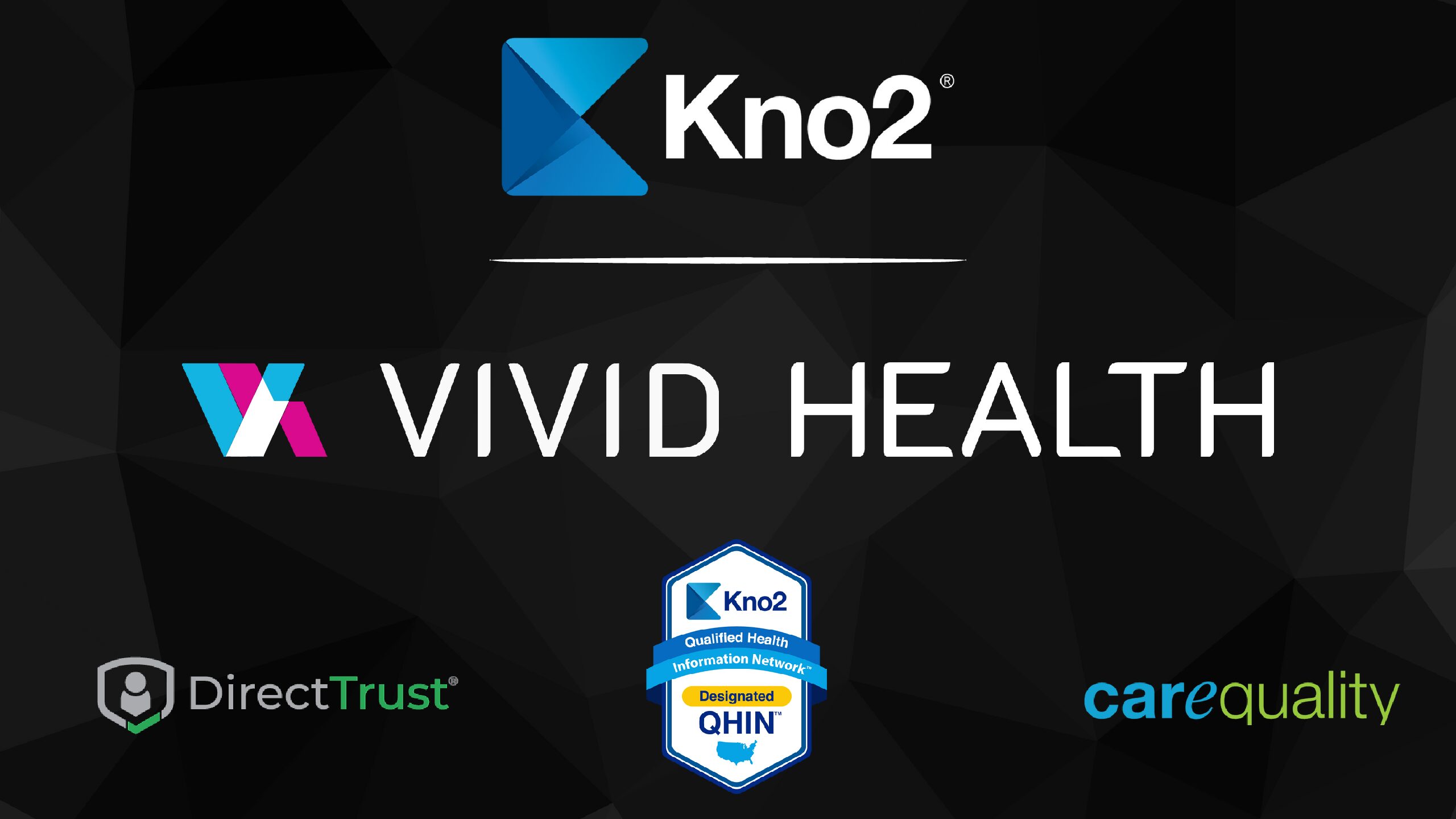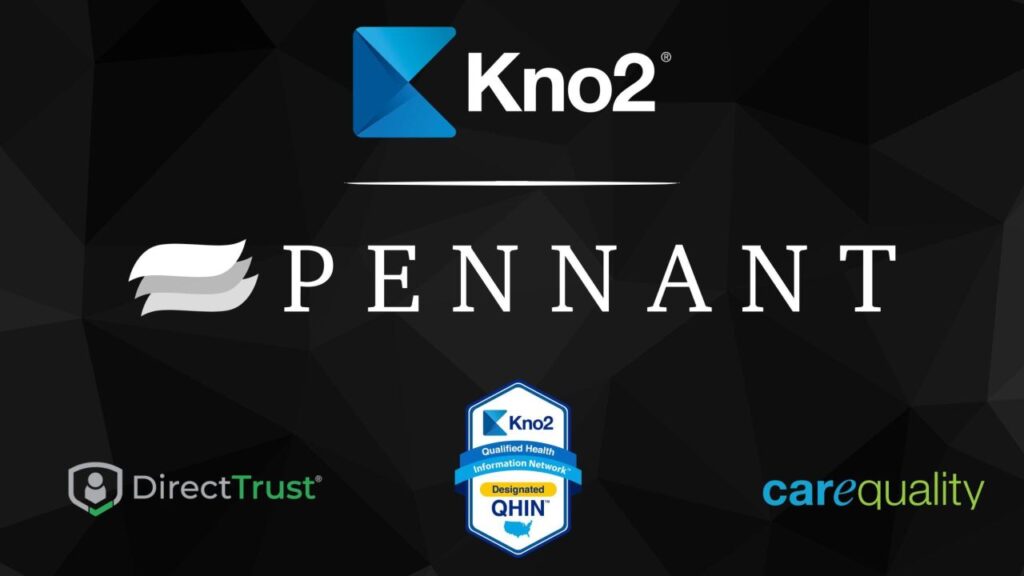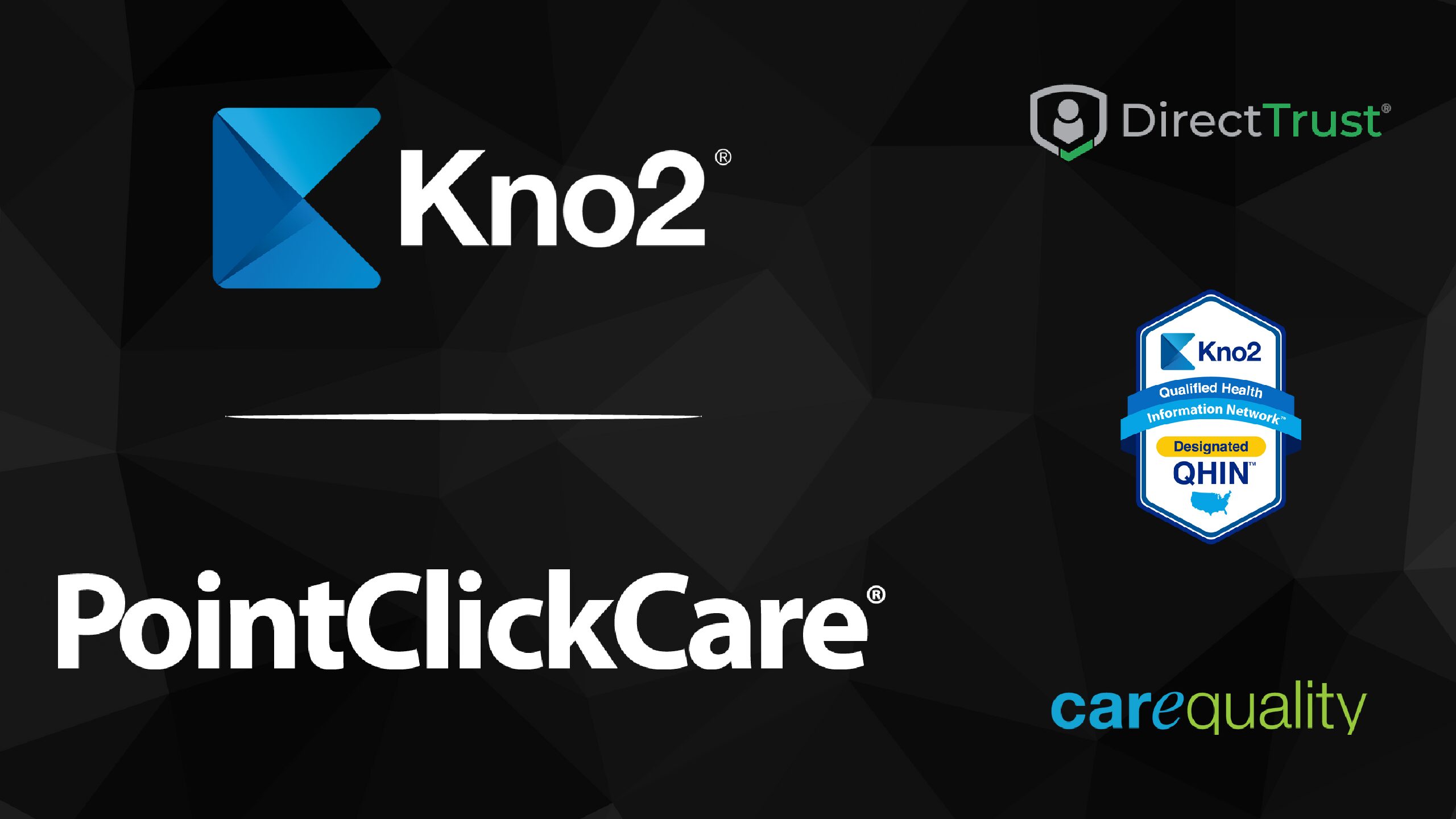“You cannot provide exceptional clinical outcomes or patient experiences without first addressing the provider experience”
Healthcare providers choose their careers for a multitude of reasons. Perhaps they were drawn to continuous education and meaningful connection with patients, or they may see it as an opportunity to alleviate suffering. For Dr. Peter Schoch, he saw an opportunity to put his love of science to work and be part of a practical body of knowledge that could change lives and heal people. However, providers face a myriad of obstacles that hinder their ability to deliver optimal care. Perhaps the most significant is having the right information at the right time delivered in their workflow. Consequently, such information availability enables timelier and better clinical decisions, improving safety and outcomes, and driving efficiencies in operational processes in the delivery of care. Moreover, from there, you’ll see improved business fundamentals and provider and patient experience. Herein lies the promise of interoperability—a transformative solution that improves outcomes and ensures the sustainability of healthcare delivery.
Obstacles Hindering Healthcare Providers
Although their unwavering commitment to patient care doesn’t fade, providers (here used in its broader sense to include anyone involved in the delivery of care from office to clinical roles) often lack the tools necessary to do their work efficiently and effectively. This leads to a high administrative burden, less job satisfaction, greater risk, longer days, and less clinical interaction for clinicians. All of which drive burnout, leading to turnover in providers. Moreover, the COVID-19 pandemic has further exacerbated these shortages, making it increasingly difficult to meet the needs of patient care. Let’s take a closer look:
- Provider Shortages: There are critical shortages in primary care, nurse practitioners, physician assistants, and support staff. Most of these, made worse by the COVID-19 pandemic. This leaves providers overwhelmed and under-supported in their efforts to meet the growing demands of patient care.
- Financial Waste: Healthcare organizations operate on razor-thin margins, grappling with declining reimbursements and escalating expenses. Those margins strain further with inefficient resource allocation, thereby exacerbating reliance on manual workflows.
- Administrative Burdens: Providers face significant administrative burdens, including documentation requirements, billing complexities, and regulatory compliance This diverts time and resources away from patient care.
- Patient Safety Concerns: Inadequate staffing levels, workload pressures, fragmented records, and outdated technology increase the risk of medical errors. These can compromise patient safety and quality of care.
The Impact of Interoperability on Provider Experience
Interoperability holds promise to alleviate burdens and enhance the provider experience. By seamlessly connecting systems and streamlining workflows, interoperable solutions empower providers to focus more fully on patient needs, make informed clinical decisions, and deliver personalized care. Additionally, interoperability opens doors and enhances collaboration, ultimately leading to better outcomes.
- Streamlined Workflows: Interoperable systems streamline administrative tasks. This aids in reducing paperwork, streamlining workflows, and freeing up valuable time for providers to focus on patient care. That in turn saves healthcare organizations from a large cost burden.
- Enhanced Care Coordination: Seamless exchange of clinical health information enables providers to access comprehensive patient data. This can facilitate much more informed clinical decision-making and coordinated care delivery.
- Cost of Care Savings: Interoperability reduces redundant or repeated tests and unnecessary procedures and streamline clinical workflows. This gives time back to patient care. All of this, ultimately lowers the total cost of care
- Patient-Centered Care: Access to interoperable health records and real-time clinical data empowers providers to deliver more personalized, patient-centered care. As a result, they can provide care that’s tailored to individual needs and preferences while working alongside other providers.
By embracing interoperability and fostering a culture of collaboration and continuous improvement, healthcare organizations can empower providers to overcome obstacles and thrive in their roles. Consequently, the entire system can improve with a renewed focus on patient-centered care, interdisciplinary collaboration, and the right information at their fingertips in their workflow. As a result, this could create a healthcare world where providers can fulfill their mission of improving patient outcomes, enhancing the patient experience, and ultimately, transforming the future of healthcare for the better. Together, we can create a future that prioritizes the well-being of every person involved, patients and providers alike.






